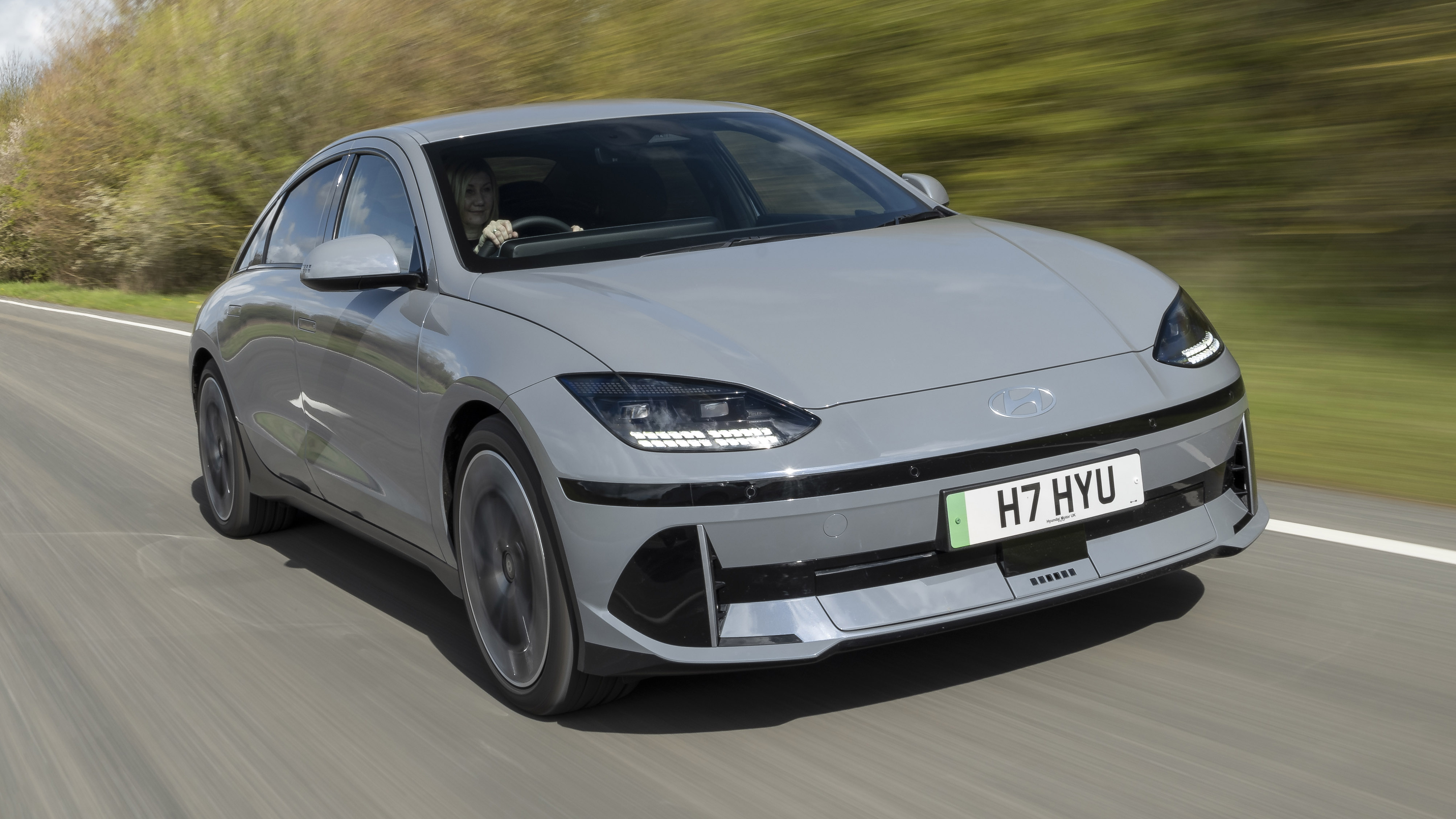Daily Insights
Stay updated with the latest trends and news.
Charge Into the Future: Why Electric Cars Are the New Must-Have Ride
Discover why electric cars are changing the game! Explore trends, benefits, and the future of driving in our must-read blog.
Understanding the Benefits: Why Electric Cars Are the Future of Transportation
As the world faces an urgent need to address climate change, electric cars stand out as a viable solution to reduce greenhouse gas emissions. Unlike traditional vehicles that rely on fossil fuels, electric cars operate on electricity, which can be sourced from renewable energy such as solar and wind. This transition not only helps to cut down air pollution but also promotes energy independence, offering consumers a way to decrease their reliance on oil. As battery technology improves, electric vehicles (EVs) are becoming more affordable, with longer ranges per charge, making them a practical choice for a wider audience.
In addition to their environmental benefits, electric cars offer numerous economic advantages for both consumers and the economy at large. The cost of operating an EV tends to be significantly lower than that of a gasoline vehicle, as electricity is often cheaper than gasoline and maintenance costs are reduced due to fewer moving parts and no need for oil changes. Furthermore, as governments worldwide continue to implement incentives and rebates for electric vehicle purchases, transitioning to electric transportation becomes an increasingly attractive option for budget-conscious consumers. With all these factors combined, it's clear that electric cars are not just a trend, but the future of transportation.

The Top 5 Myths About Electric Cars Debunked
Electric cars are often surrounded by misconceptions that can deter potential buyers. One prevalent myth is that electric cars don't have enough range for everyday use. However, with advancements in battery technology, many electric vehicle (EV) models now offer a range exceeding 250 miles on a single charge, which is more than sufficient for the average daily commute. Moreover, the development of fast-charging infrastructure means that long-distance travel is more feasible than ever.
Another common myth suggests that electric cars are significantly more expensive to maintain than traditional gasoline vehicles. While it's true that some EVs have a higher upfront cost, they generally benefit from lower operating and maintenance costs. For instance, electric cars have fewer moving parts and do not require oil changes, resulting in less frequent and less expensive maintenance. Additionally, many owners find that the savings on fuel and maintenance quickly offset any initial price differences.
How Electric Vehicles Are Transforming Our Roads and Environment
The rise of electric vehicles (EVs) is reshaping how we think about transportation and its impact on the environment. As more drivers transition from traditional gasoline-powered cars to EVs, we are witnessing a significant decrease in greenhouse gas emissions. This shift is particularly crucial as transportation contributes to over 29% of total emissions in the United States. By adopting electric vehicles, not only are we reducing our carbon footprint, but we are also promoting clean air in urban environments, leading to healthier communities.
Additionally, the proliferation of electric vehicles is driving technological advancements in infrastructure. Charging stations are becoming more widespread, enabling easier access for EV users. Cities are also adapting by implementing policies to support the growth of EV usage, such as financial incentives and dedicated lanes. This transformation on our roads not only facilitates a smoother transition to sustainable transportation but also enhances the overall driving experience. The integration of electric vehicles into our daily lives indicates a promising step toward a greener future.